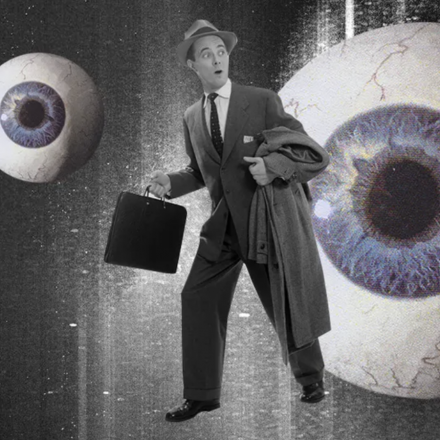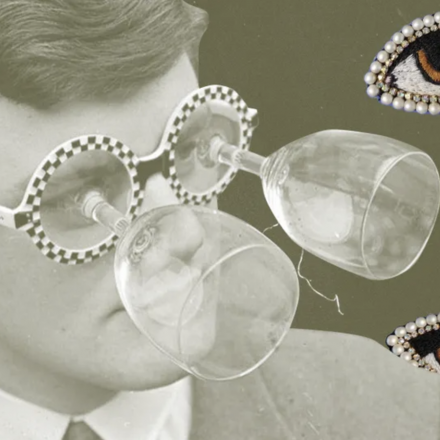Welcome to the world where alcohol isn’t just a drink but a whole culture that has accompanied us since ancient times. But with so many myths surrounding it, it’s high time to clear things up. We’ve debunked the most common myths about alcohol to help you enjoy your celebrations while staying grounded in reality.
Myth 1: If vodka is high in calories, why aren’t there more fat alcoholics?
Vodka has no nutritional value—just alcohol and water. While it does contain calories, it doesn’t contribute to weight gain like other high-calorie foods.
Myth 2: Is it beneficial to drink a shot before a meal to stimulate appetite?
Not really. Although alcohol can increase appetite temporarily, it also impairs your sense of fullness, leading you to overeat.
Myth 3: Is female alcoholism incurable?
Alcoholism is a disease of addiction to ethanol, not gender-specific. It has its unique aspects in men and women, but it requires treatment regardless.
Myth 4: Do you become an alcoholic faster with vodka?
Addiction is related to ethanol, not the specific drink. Vodka’s high alcohol content can lead to addiction more quickly, but the dependency forms from ethanol consumption.
Myth 5: Is binge drinking at home not alcoholism?
Binge drinking at home is a form of excessive drinking, but alcoholism is a chronic need for alcohol. It’s not just about occasional indulgence.
Myth 6: Can vodka spoil?
No, vodka doesn’t spoil or go sour. It can evaporate if not stored properly, but in a sealed, cool, and dark place, it remains stable.
Myth 7: Do you get used to vodka more quickly?
Dependence is about ethanol, not vodka. People might switch to vodka for its high alcohol content, but it’s the ethanol that causes addiction.
Myth 8: Is rum beneficial because it contains minerals?
While rum may contain some minerals, the amounts required for a health benefit are so high that they lead to negative consequences, overshadowing any potential benefits.
Myth 9: Is there an alcoholism gene?
Genetics play a role, but the environment is more influential. Genes related to alcohol metabolism can affect susceptibility, but environmental factors play a larger role in developing alcoholism.
Myth 10: Is vodka purification necessary?
Yes, purification removes impurities like methanol that make vodka more toxic. Cleaner vodka has fewer unwanted substances, making it less harmful.
Myth 11: Is there an ideal temperature for vodka?
Cold vodka is more pleasant to drink. Warm vodka is less enjoyable and can have a stronger taste and odor.
Myth 12: Does vodka enhance mental performance?
Some believe alcohol enhances creativity, but this is not universally true. Excessive drinking often impairs rather than improves mental performance.
Myth 13: Are all creative people alcoholics?
Not really. While alcohol can reduce anxiety and aid relaxation, it often harms creativity in the long run. Many creative individuals struggle with alcohol dependency.
Myth 14: Is there a fatal dose of vodka?
Yes, for someone unaccustomed to drinking, a bottle of vodka can be fatal. Fatal doses vary based on individual tolerance and health.
Myth 15: Is more expensive vodka better?
Higher-quality vodka is often purer, but the difference might only be in the severity of hangovers and impurities, not in the taste.
Myth 16: Are beer and cocktails less harmful than strong alcohol?
Less potent drinks have less ethanol, but consuming large quantities can lead to similar or greater harm. The quantity of alcohol matters more than the type.
Myth 17: Can a person who’s been coded against alcoholism die from drinking?
Yes, if coding involved medications that block alcohol metabolism, it can cause severe reactions and even be fatal in certain conditions.
Myth 18: Is there such a thing as hangover-free vodka?
No. There’s no hangover-free dose; it varies for each individual.
Myth 19: Is it better to eat with alcohol or to drink it straight?
Eating with alcohol slows down the absorption of alcohol, making it a safer option.
Myth 20: Why are people more inclined toward romantic escapades when drunk?
Alcohol lowers self-control by suppressing brain activity. This leads to more impulsive behavior and altered perceptions of attractiveness.
Now that the myths are debunked, you can enjoy your drinks knowing you’re not falling for these common misconceptions. Drink responsibly and stay healthy!


















